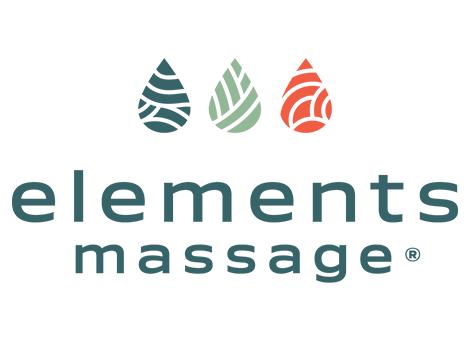Self-image, an individual's mental representation of themselves, is a crucial aspect of mental health and well-being. It influences confidence, self-esteem, and overall life satisfaction. A positive self-image is associated with better psychological resilience and coping strategies, while a negative self-image can contribute to a range of mental health issues, including anxiety and depression. Massage therapy, traditionally known for its physical benefits, also plays a significant role in enhancing self-image by addressing both physical and psychological components of well-being.
How Massage Therapy Enhances Self-Image
-
Improvement of Physical Symptoms: By alleviating pain, tension, and discomfort, massage therapy can lead to an improved perception of physical well-being. This enhancement in physical health can contribute to a more positive body image, as individuals may feel more comfortable and positive about their bodies (Field, 2014).
-
Reduction of Stress and Anxiety: The ability of massage therapy to reduce stress and anxiety can have a direct impact on self-image. Stress and anxiety often exacerbate negative self-perceptions. By creating a state of relaxation and well-being, massage can help individuals view themselves in a more positive light (Field, 2016).
-
Enhancement of Body Awareness: Massage therapy promotes greater body awareness, allowing individuals to become more connected with their physical selves. This increased awareness can lead to appreciation of one's body and its capabilities, fostering a healthier self-image (Moraska et al., 2008).
-
Promotion of Mental Relaxation: The mental relaxation induced by massage therapy can create a psychological environment conducive to positive self-reflection. In a relaxed state, individuals may be more likely to engage in positive self-talk and affirmations, further enhancing self-image (Field, 2010).
-
Social Touch and Emotional Support: The act of receiving a massage involves social touch, which can provide emotional support and a sense of being cared for. This experience can be particularly beneficial for individuals with low self-esteem or negative self-image, as it reinforces feelings of worthiness and self-acceptance (Field, 2014).
Scientific Evidence on Massage and Self-Image Enhancement
Research supports the role of massage therapy in enhancing self-image. A study by Field et al. (1996) involving adolescent mothers found that those who received regular massage therapy reported better body image and lower levels of depression and anxiety, suggesting improvements in self-image and overall mental health.
Another study focusing on patients undergoing treatment for breast cancer indicated that massage therapy contributed to improved body image and quality of life, highlighting the potential of massage therapy in supporting self-image during challenging life events (Listing et al., 2009).
Conclusion
Massage therapy offers a valuable tool for enhancing self-image through its multifaceted impact on physical comfort, stress reduction, body awareness, mental relaxation, and social touch. By fostering a positive perception of the self, massage therapy can contribute to improved mental health and well-being. As awareness of the psychological benefits of massage continues to grow, it is likely to become an increasingly popular option for individuals seeking to improve their self-image and quality of life.
References
- Field, T. (2010). Touch for socioemotional and physical well-being: A review. Developmental Review, 30(4), 367-383.
- Field, T. (2014). Massage therapy research review. Complementary Therapies in Clinical Practice, 20(4), 224-229.
- Field, T. (2016). Massage therapy research review. Complementary Therapies in Clinical Practice, 24, 19-31.
- Field, T., Quintino, O., Henteleff, T., Wells-Keife, L., & Delvecchio-Feinberg, G. (1996). Adolescent mothers' depression after the birth of their babies: Weathering the storm. Adolescence, 31(124), 752.
- Listing, M., Reisshauer, A., Krohn, M., Voigt, B., Tjahono, G., Becker, J., Klapp, B.F., & Rauchfuss, M. (2009). Massage therapy reduces physical discomfort and improves mood disturbances in women with breast cancer. Psycho-Oncology, 18(12), 1290-1299.
- Moraska, A., Pollini, R. A., Boulanger, K., Brooks, M. Z., & Teitlebaum, L. (2008). Physiological adjustments to stress measures following massage therapy: a review of the literature. Evidence-Based Complementary and Alternative Medicine, 7(4), 409-418.

